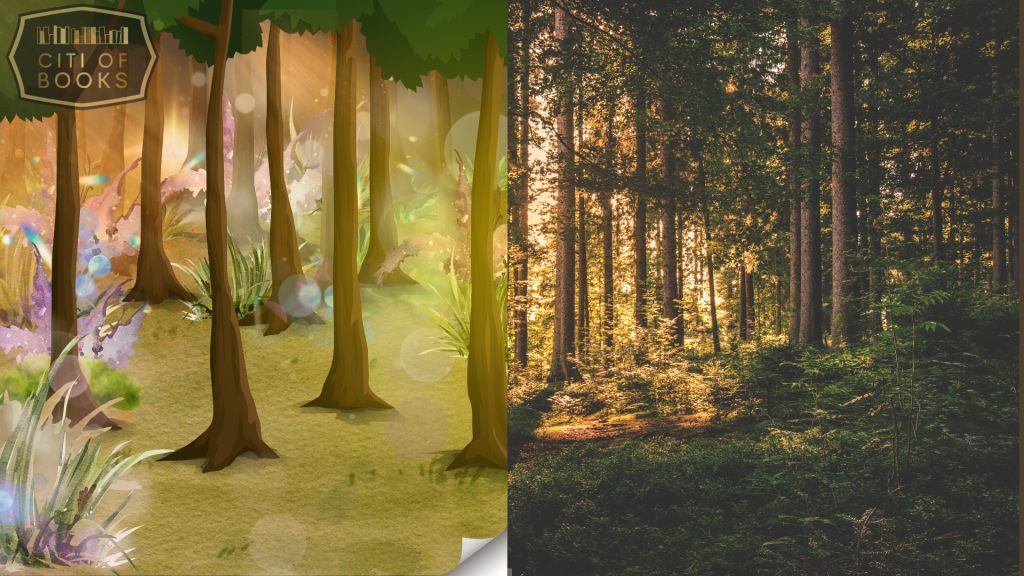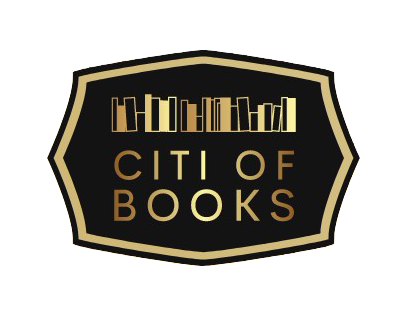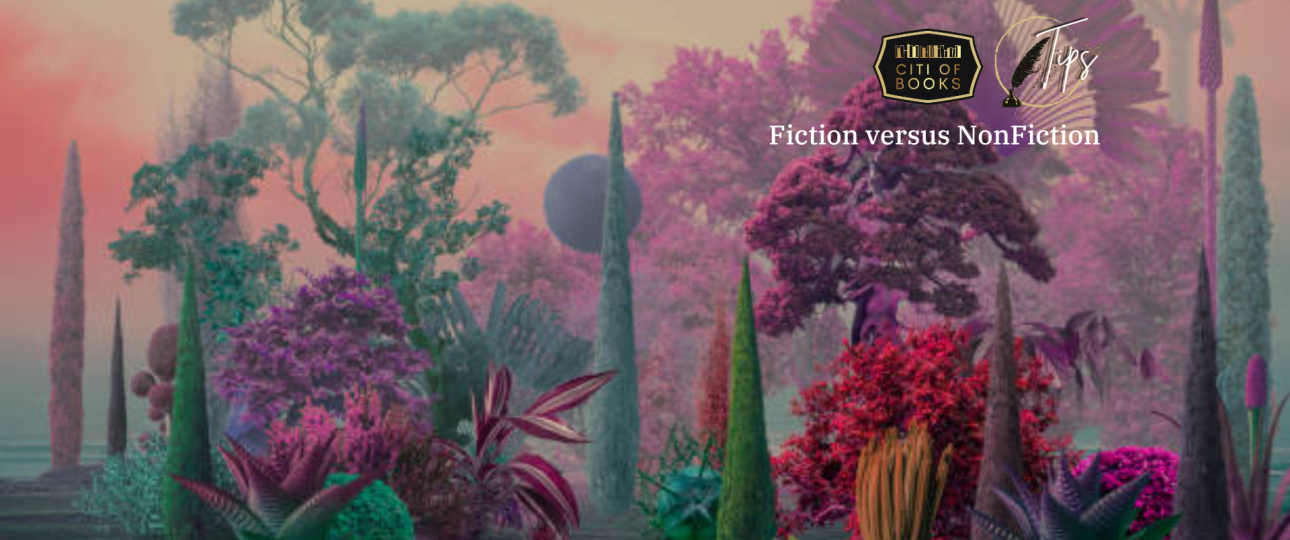
Books are sometimes the getaway car for people who want to escape reality, whether they write or read. For some, it is their comfort thing, as the book they read understands what they feel. Some people just want to learn or even share their knowledge. And your taste in books somehow reveals who you are.
So, what kind of books are you reading?
Books can be categorized as fiction or nonfiction. These help readers and writers be guided in what they’re writing or reading, as some people are still confused about the difference between the two.
What is the difference between fiction and nonfiction?
Fiction-based books refer to works that are the result of colorful minds and are products of imagination. An example of fiction is the Harry Potter novel series, which are fantasy books written by the British author J.K. Rowling. In contrast, nonfiction refers to literary works that are factual and real, like biographies, documentaries, and many more.
More of the fiction
Fiction is not objective or factual; rather, stories are invented out of imagination, which is why most writers enjoy writing them. The writers enjoy a lot of freedom, as it is entirely based on the creative plot that’s running through their minds. Although, at some point, it may be equally tricky, as a new world will be created with people who do not exist. However, some of the writers base their characters or events on real people and scenarios by fantasizing about them.
Furthermore, fiction genres can be categorized into subgenres, and some of them are romance, fantasy, action and adventure fiction, science fiction, etc.
More nonfiction
In contrast, nonfiction is factual and accurate. It is unambiguous and direct. Biographies, autobiographies, historical works, self-help guides, anthologies of essays, academic writings, etc. are a few examples of non-fiction publications. Due to the potential consequences of even one instance of error, these volumes are produced with great care and experience. There is no place for ambiguity or vagueness when writing nonfiction.
Nonfiction should be 100% accurate and pure facts; evidence and supporting documents should be presented as references. It is also important to provide a list of references and list the authors who make claims in their books. Furthermore, authors may share their own experiences, experiments, studies, observations, etc. that may or may not be exclusive. These ideas and claims are frequently not universal, but they fall under the non-fiction genre.
Like what you just read?

